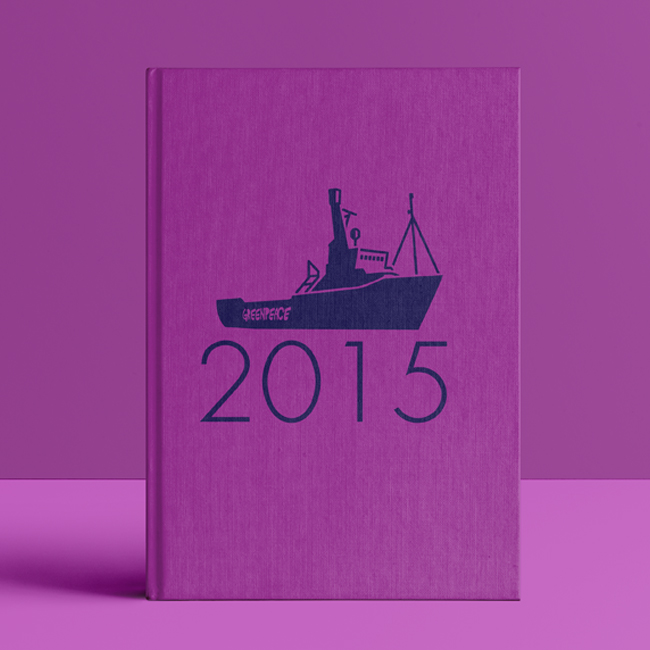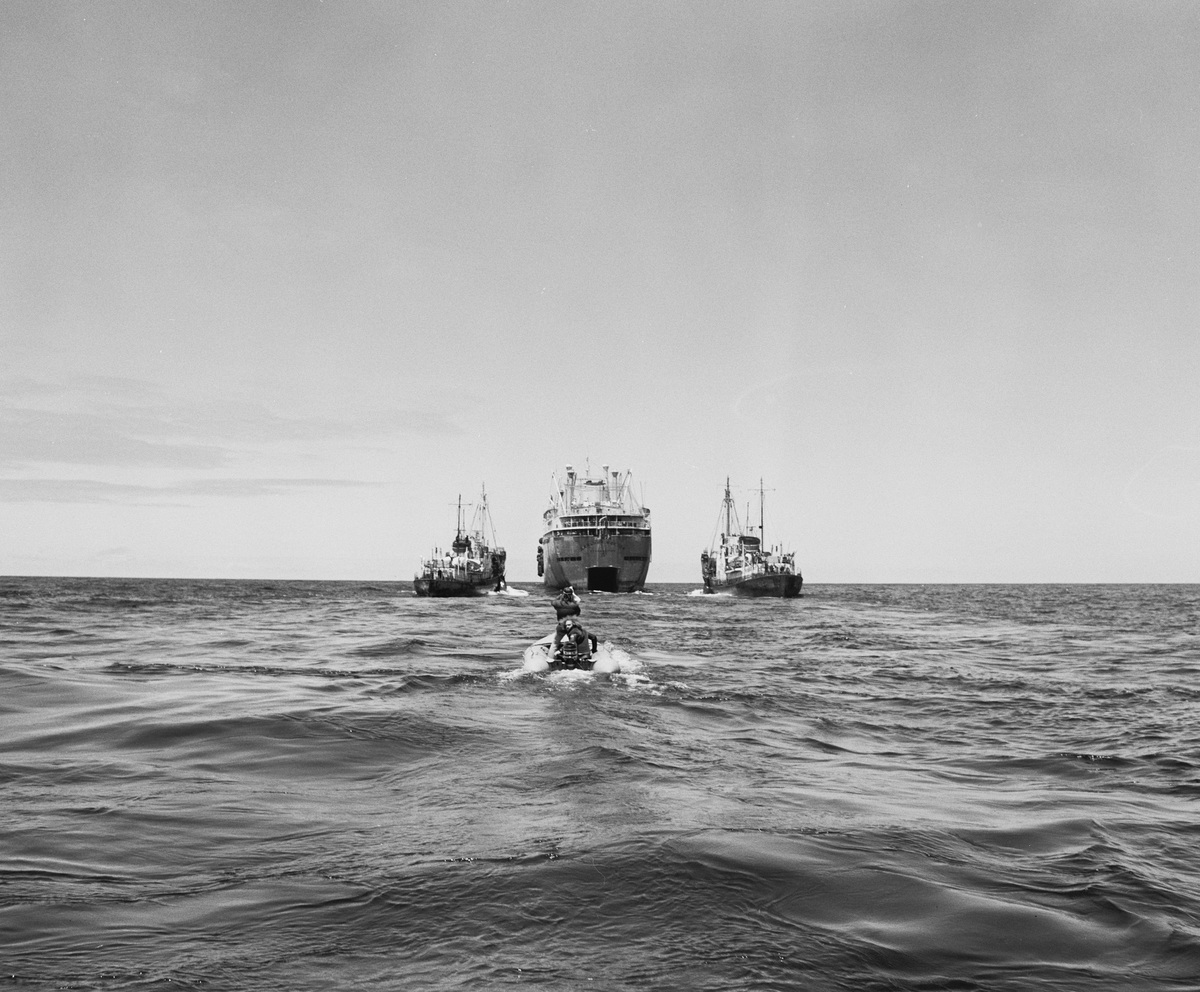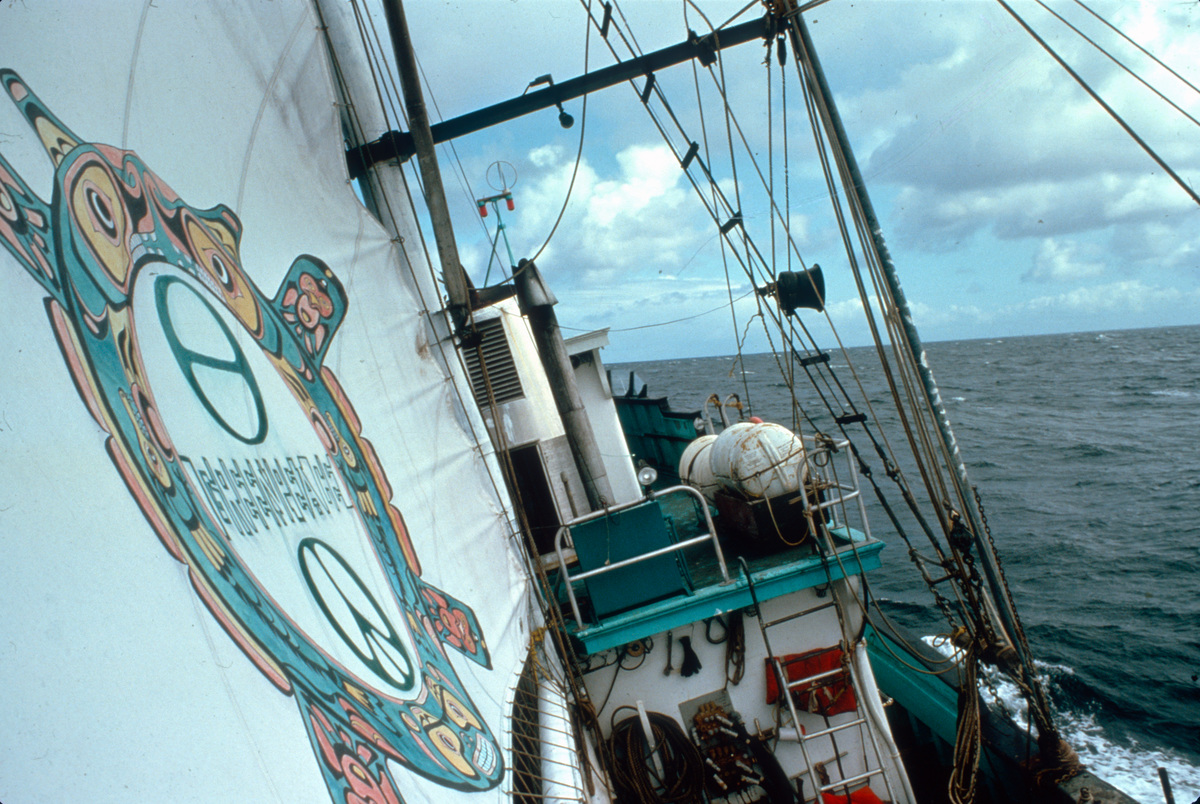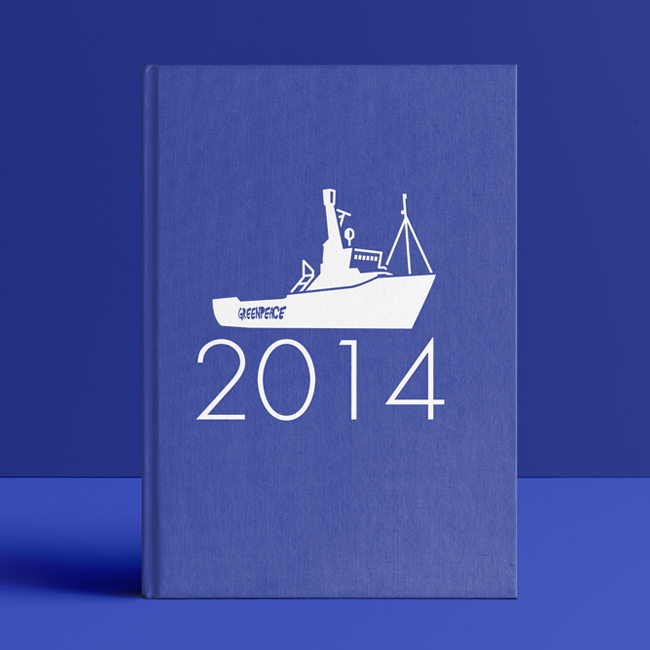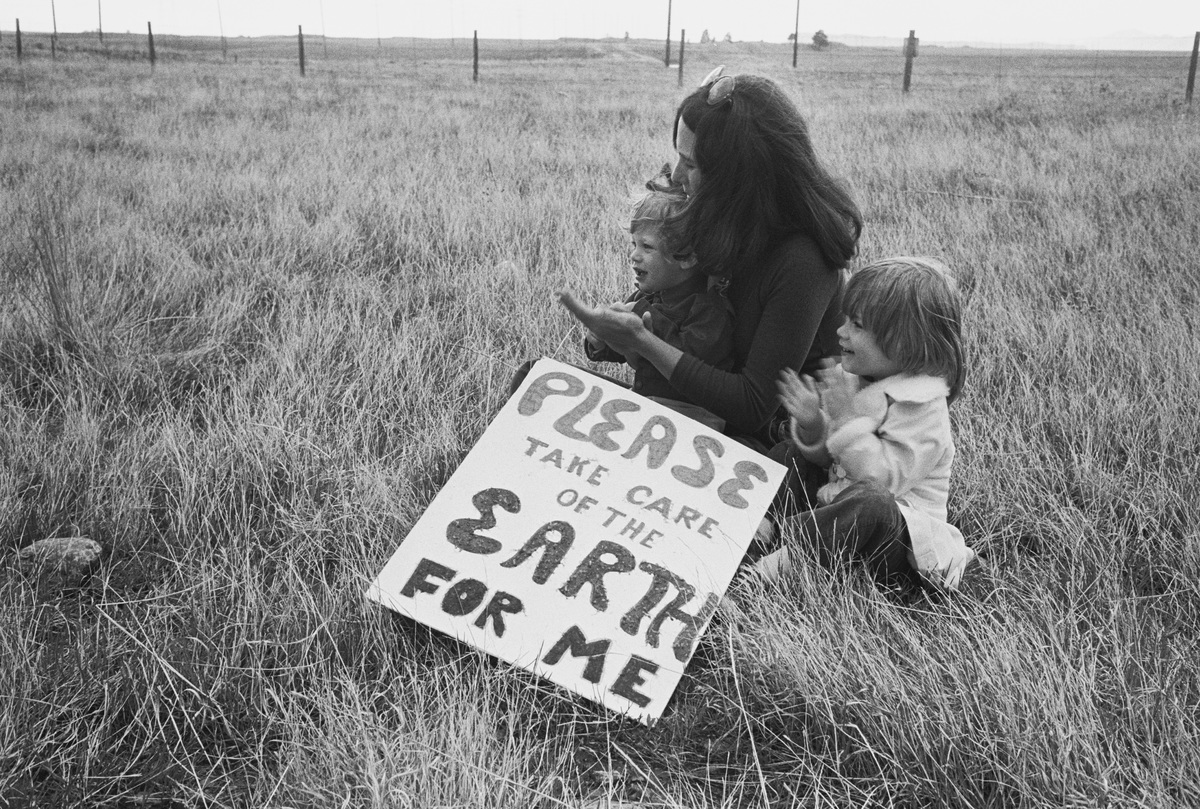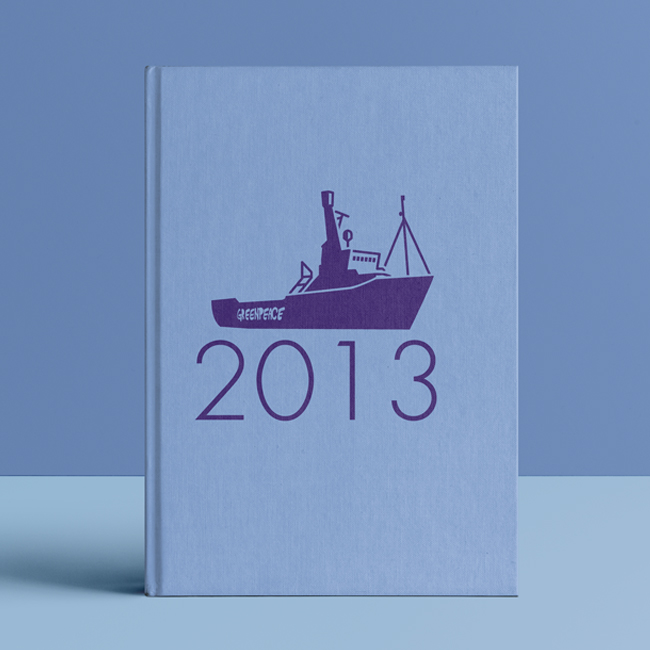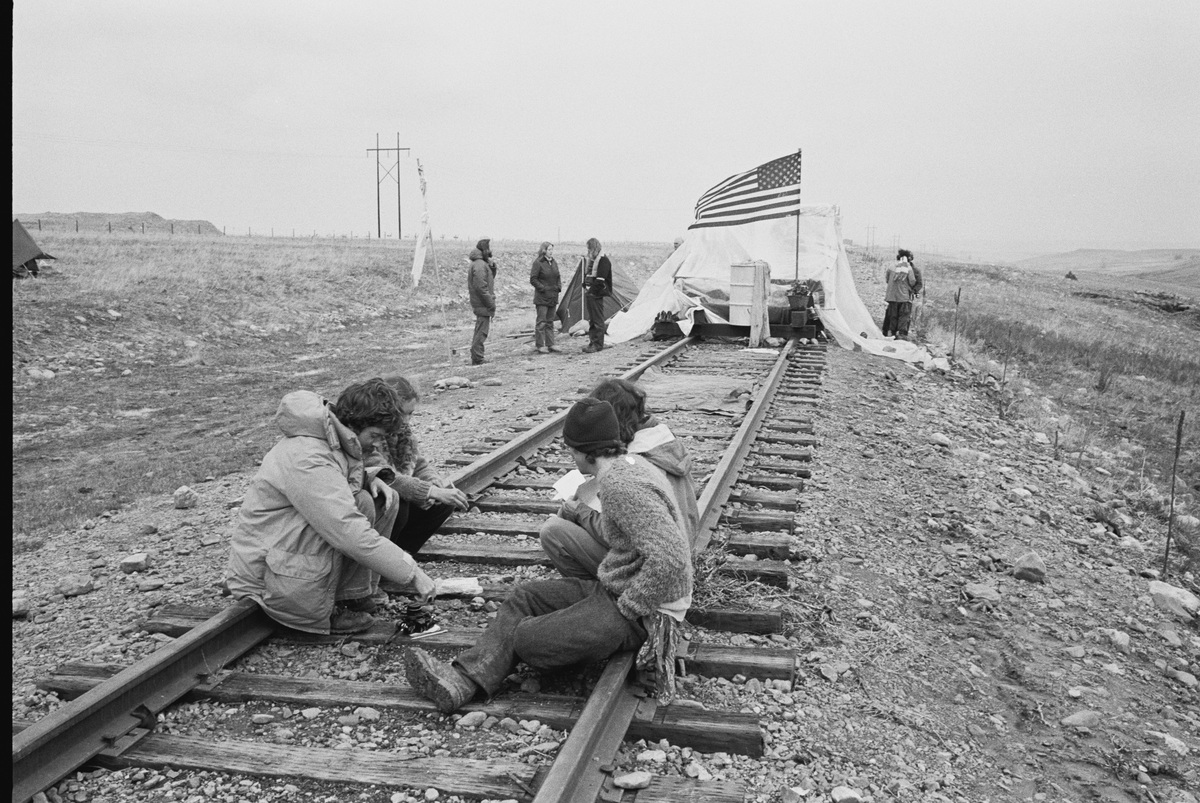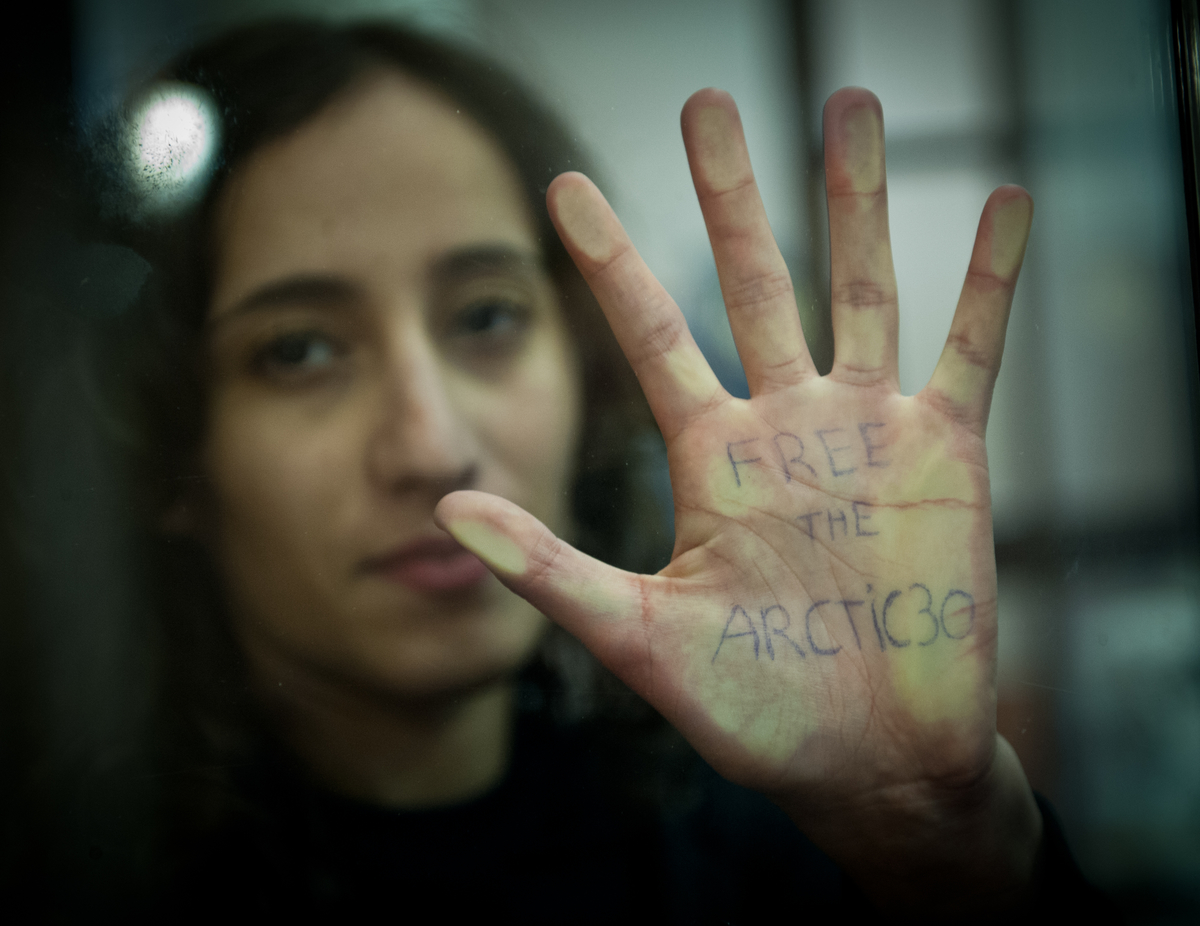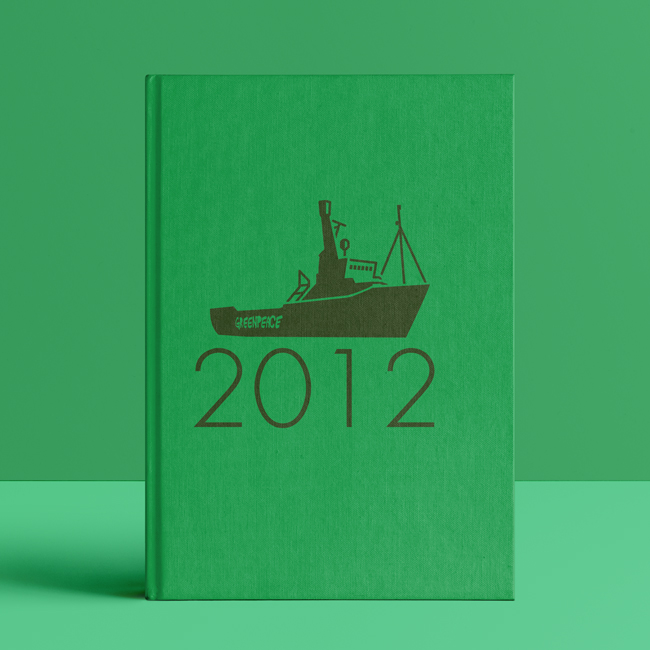-
Annual report 2015
Greenpeace is on a transformational path. Our world is changing faster than at any other time in human history.
-
Greenpeace and the Sisiutl: Cultural appropriation and reconciliation
How the Sisiutl symbol came to be part of Greenpeace’s identity is both an important part of our origins and a troubling story of cultural appropriation.
-
Joni Mitchell: A tribute to the artist
Joni Mitchell helped launch Greenpeace with a 1970 benefit concert, and emerged as one of the greatest songwriters and performers of the last 50 years.
-
Annual report 2014
Now well into its fifth decade of existence, Greenpeace continues to reinvent itself. Rather than bask in past glories, our organisation is undergoing a process of renewal.
-
Annual report 2013
Campaigning for a peaceful, just and green future is no longer the job of a specialised few, but the common struggle of all.
-
Annual report 2012
With the environmental crisis deepening and climate change impacts being felt across the globe, our work in 2012 proved increasingly more challenging and demanding.

